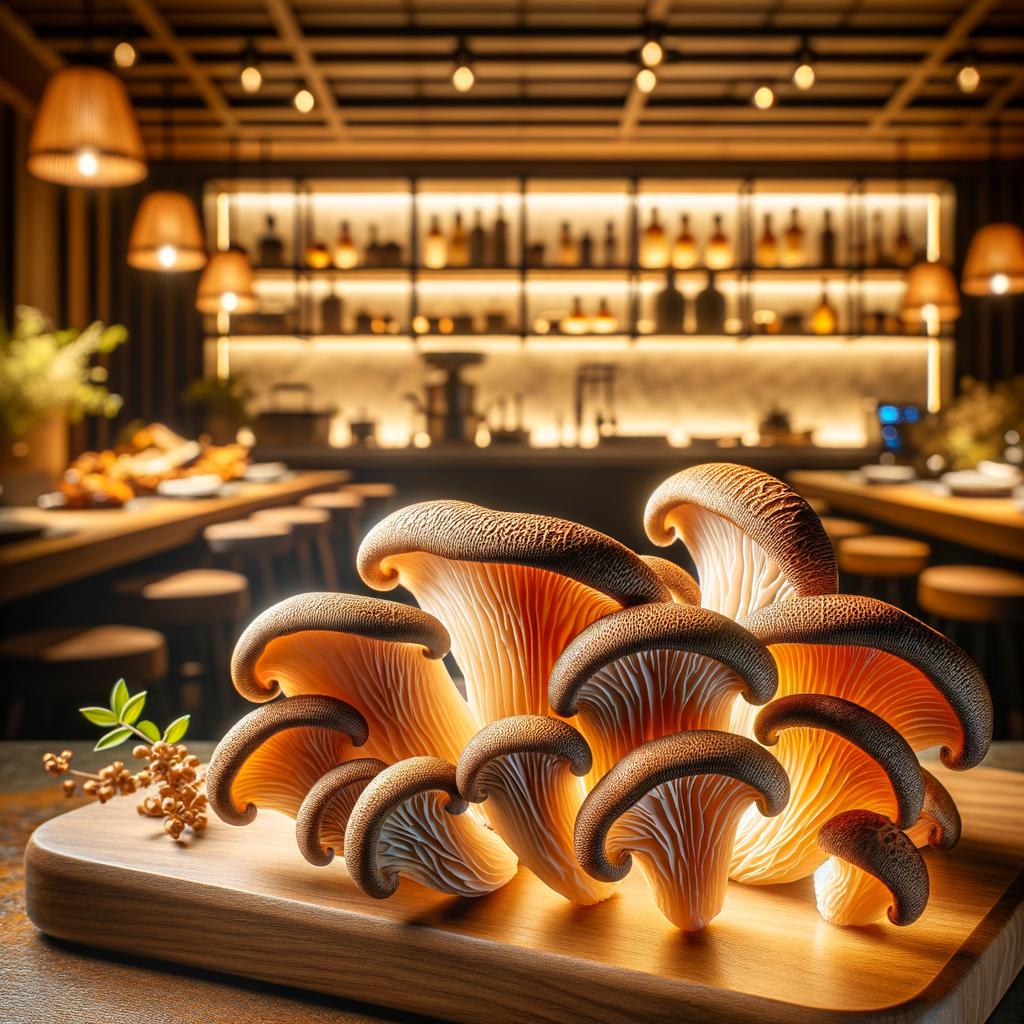Wood Ear Mushrooms

Description
Wood Ear Mushrooms, also known as Auricularia auricula-judae, are a unique and fascinating ingredient that has graced the culinary world with its distinctive charm. They boast a dark brown to black color, and as their name suggests, their shape is reminiscent of a human ear. The texture of these fungi is equally intriguing, being somewhat gelatinous yet crunchy, adding a delightful contrast to any dish they grace. Their flavor is subtle, more earthy and woody than their commonly known mushroom counterparts, which allows them to absorb and enhance the flavors of the dishes they are incorporated into. They are set apart by their ability to grow on wood, particularly elder trees, hence their name, and their uncanny ability to rehydrate after drying, a trait that has made them a staple in various kitchens worldwide.
Primary Uses
Wood Ear Mushrooms are a versatile ingredient, used extensively in Chinese, Japanese and Korean cuisines. They are a key component in hot and sour soup, stir-fries, and salads, adding a delightful crunch and absorbing the flavors of the dish. Their unique texture makes them a popular ingredient in vegan and vegetarian dishes, often used as a meat substitute. Beyond culinary uses, Wood Ear Mushrooms are also revered in traditional Chinese medicine for their purported health benefits such as improving circulation and reducing cholesterol levels. Their cultural significance is immense, often symbolizing longevity and good health in Asian cultures.
History
The history of Wood Ear Mushrooms is steeped in intrigue and romance. They have been used in Chinese cuisine and medicine for over a thousand years, their name in Chinese, "mu er", literally translates to "wood ear", drawing a vivid picture of their unique appearance. They were believed to grant longevity and were often associated with immortality, a testament to their revered status. Over time, their use spread to other parts of Asia and eventually to the West, where they are now a beloved ingredient in many kitchens. There is a popular myth that Judas Iscariot hanged himself from an elder tree, leading to the mushroom's scientific name, Auricularia auricula-judae, or "Judas's Ear."
Nutritional Information
Wood Ear Mushrooms are a nutritional powerhouse, packed with dietary fiber, protein, and a range of vitamins and minerals, including Vitamin B2, Vitamin D, Iron, and Potassium. They are low in calories and fat, making them an excellent addition to any health-conscious diet. Their consumption has been linked to various health benefits, including improved cardiovascular health, immune system support, and anti-inflammatory properties. Compared to other mushrooms, Wood Ear Mushrooms have a higher concentration of iron and dietary fiber. Their unique combination of nutritional benefits and culinary versatility truly sets them apart, making them a beloved ingredient for both their taste and health benefits.

